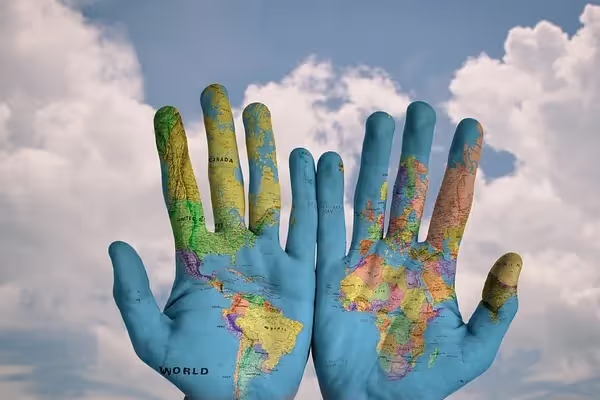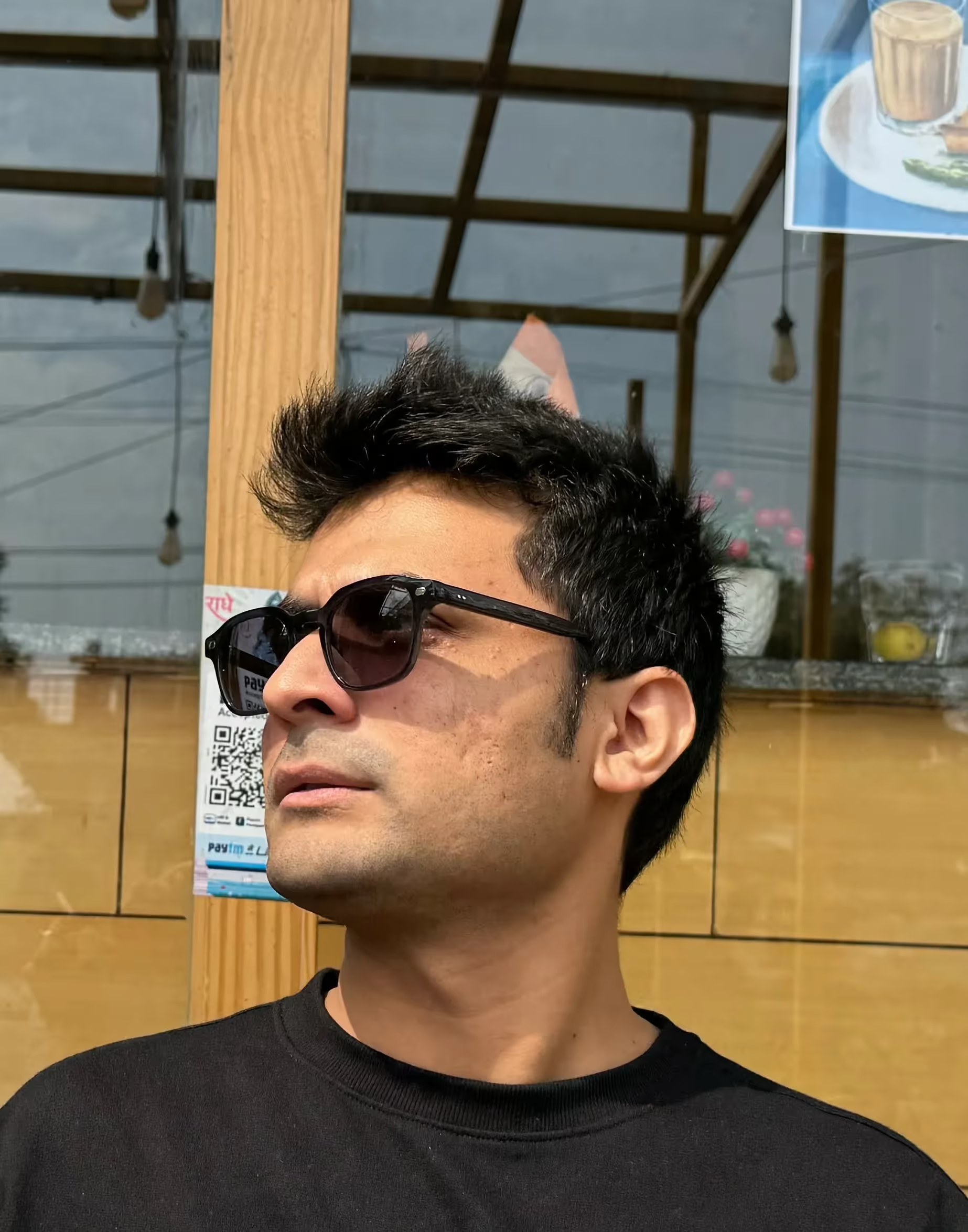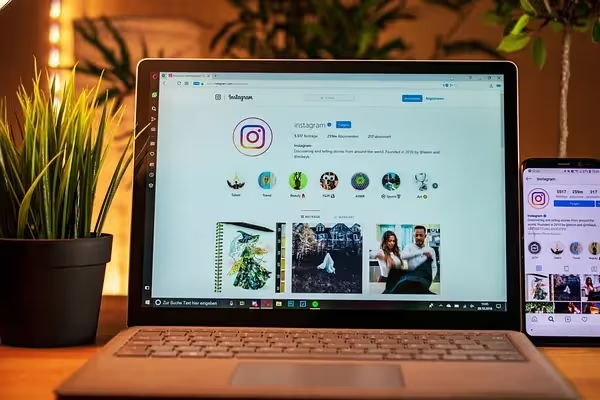In today’s interconnected world, the process of obtaining a student visa has evolved significantly. No longer is it only about submitting traditional documents like passports, admission letters, and financial proofs. Increasingly, immigration authorities are incorporating social media checks visa into their screening processes. This development is shaping how international students prepare their applications and present themselves online. If you’re an aspiring global student, understanding the nuances of these checks is crucial for a smooth visa approval.
In this blog, we’ll explore everything you need to know about student visa requirements, the visa application process, how social media vetting fits in, and how you can ensure your online presence supports your journey rather than hinders it.
The Changing Landscape of International Student Visas
Traditional vs. Modern Visa Screening
Traditionally, the visa application process focused on tangible documents such as academic transcripts, financial statements, and letters of recommendation. Immigration officers primarily relied on these materials to assess an applicant's eligibility and intent.
However, with the rise of social media and digital footprints, many governments have adopted visa background check policies that include reviewing an applicant’s online behavior. This shift aims to ensure security, prevent fraud, and verify the applicant's character.
Why Social Media Checks Are Increasingly Important
Social media platforms provide a wealth of publicly available information. They can reveal insights into a person’s character, affiliations, and potential risks that are not always evident in traditional paperwork.
Governments use these insights to:
- Confirm the identity and background of applicants
- Detect any security threats or criminal associations
- Assess the likelihood of applicants abiding by visa conditions
This is why understanding the implications of social media verification for students is critical.
What Are Social Media Checks on Visa Applications?
Definition and Scope
Social media checks visa refer to the practice of scrutinizing publicly available social media content as part of the visa evaluation. Immigration officers or third-party agencies review profiles on platforms like Facebook, Instagram, Twitter, LinkedIn, and sometimes even TikTok or YouTube.
These checks focus on:
- Public posts, comments, photos, and videos
- Connections and group memberships
- Any content that could raise red flags, such as hate speech, violent behavior, or misleading information
Read more-
Social Media Screening vs. Traditional Background Checks
How Online Vetting Works: A Step-by-Step Guide
What Social Media Content Is Reviewed?
While private messages or locked accounts are generally off-limits, any public content can be assessed. Examples include:
- Posts that demonstrate criminal activity or extremist views
- Content that indicates false information in the visa application
- Inappropriate behavior or activities that violate the host country’s laws or values
How Social Media Checks Impact the Visa Application Process
Potential Outcomes of Social Media Screening
- Positive Verification: Social media activity that aligns with your application and shows your genuine intent to study abroad can strengthen your profile.
- Additional Scrutiny: Inconsistent information or suspicious activity can trigger further investigation.
- Visa Denial: Serious concerns, such as evidence of criminal behavior or misinformation, can lead to visa rejection.
Common Reasons for Visa Delays or Rejections Due to Social Media
- Posting inflammatory or hateful comments
- Sharing misleading information about identity or qualifications
- Association with banned or extremist groups
- Evidence of fraudulent activities
Legal and Ethical Boundaries
Immigration authorities must comply with privacy laws and avoid discriminatory practices during social media checks. However, regulations differ by country. Understanding your rights and the scope of permissible screening in your destination country is essential.
How to Prepare for Social Media Checks on Your Student Visa Application
1. Review and Audit Your Social Media Profiles
Conduct a thorough review of your online presence before submitting your international student visa application. Remove or archive any posts, photos, or comments that may be interpreted negatively or conflict with the visa requirements.
2. Adjust Privacy Settings
Ensure that your profiles are as private as possible. Limit access to your content to trusted friends or family members, while keeping in mind that some authorities may still review publicly accessible information.
3. Be Authentic and Consistent
Ensure your social media activity reflects the details in your visa application, including your identity, education, and intentions. Inconsistencies can raise red flags during the visa background check.
4. Avoid Controversial or Illegal Content
Refrain from posting content that includes hate speech, violence, drug use, or illegal activities. Even joking or sarcastic posts can be misinterpreted and harm your application.
5. Highlight Positive and Relevant Content
If appropriate, use social media to demonstrate your academic interests, extracurricular involvement, and cultural awareness. This can positively influence your application by showing your genuine commitment to studying abroad.
Common Questions About Social Media Checks and Student Visas
Are Social Media Checks Mandatory for All Visa Applications?
Not always. The extent of social media screening varies by country, visa type, and risk profile. Some countries conduct routine checks for all applicants, while others apply them selectively.
Can Social Media Content Alone Deny a Student Visa?
While it is rare that social media alone will cause a rejection, problematic content can trigger a more thorough investigation. Combined with other factors, it can influence the final decision.
How Far Back Do Social Media Checks Go?
Authorities typically review recent activity, usually within the last 3 to 5 years. However, this can vary depending on the country and specific circumstances.
What Should I Do If I Find Inaccurate or Misleading Information About Me Online?
Proactively correct any misinformation and provide accurate documentation in your application. If you suspect your account was hacked or compromised, include explanations and evidence in your application.
The Role of Technology in Social Media Screening for Student Visas
Automated Social Media Screening Software
Many immigration agencies now use advanced social media screening software that employs AI and Natural Language Processing (NLP) to scan and analyze applicant profiles quickly and efficiently. These tools:
- Filter out irrelevant content
- Detect risky behavior patterns
- Minimize human bias by providing standardized assessments
Compliance and Ethical Screening
Platforms like Phyllo emphasize data privacy compliance and ethical social media vetting by ensuring:
- Consent is obtained before screening
- Only public and relevant data is analyzed
- Reviewers follow strict guidelines to avoid discrimination
These technologies help balance security concerns with applicants’ privacy rights.
Social Media Checks Beyond Visa: Influencer Vetting and Brand Safety
It’s not just governments using social media for vetting. Brands increasingly rely on social media background checks when partnering with influencers to ensure reputational safety. Influencers, much like international students, need to maintain a clean, positive digital presence.
If you’re an aspiring influencer or working with brands, understanding these checks is just as crucial. For more, check out our dedicated page on Influencer Vetting for Brand Safety.
Best Practices for International Students Undergoing Social Media Screening
Transparency and Honesty
Be upfront and honest throughout your visa application process. Avoid hiding or deleting information last-minute, which could appear suspicious.
Know the Rules of Your Destination Country
Research specific student visa requirements and social media policies in the country where you plan to study. Some countries have detailed guidelines on what they review.
Maintain a Professional Online Presence
Your social media profile is often your digital resume. Use it to highlight your academic achievements, volunteer work, and interests aligned with your study goals.
How to Use Social Media Screening to Your Advantage
Showcase Your Qualifications
Use professional platforms like LinkedIn to highlight your educational background and career aspirations.
Engage Positively with Your Community
Participate in discussions that demonstrate your cultural awareness and responsible citizenship.
Leverage Social Media Listening Tools
Advanced platforms can help you monitor your online reputation and detect any potential red flags early. Explore social media listening APIs and screening tools to stay informed.
Frequently Asked Questions (FAQs)
1. What are the key student visa requirements related to social media checks?
Most countries require applicants to disclose public social media handles during the application. Authorities review publicly accessible content to verify your background and intentions. Maintaining transparency and honesty is essential.
2. How does the visa application process incorporate social media vetting?
Social media vetting is integrated as an additional background check step, where AI tools and human reviewers assess public online behavior to detect potential risks or inconsistencies.
3. What platforms are typically reviewed in social media checks visa?
Common platforms include Facebook, Instagram, Twitter, LinkedIn, TikTok, and sometimes Reddit or YouTube. The focus is on public content, not private or encrypted messages.
4. Can a negative social media post lead to visa refusal?
Yes, if posts indicate criminal behavior, extremist affiliations, or misinformation, they can trigger visa denials. However, isolated incidents are often contextualized and not automatically disqualifying.
5. How can I protect my online reputation during the international student visa application?
Regularly audit your profiles, set strict privacy controls, avoid controversial content, and present consistent information aligned with your application.
6. Are social media checks required for all types of student visas?
No, the extent varies by country and visa category. Some countries conduct routine checks, others apply them selectively based on risk profiles.
7. What legal protections exist for applicants during social media screening?
Many countries mandate transparency, candidate consent, and non-discrimination. You have the right to appeal decisions based on social media findings in some jurisdictions.
8. How long do visa officers typically review social media history?
Generally, recent activity within 3 to 5 years is reviewed, but this period can vary. Older posts may be considered if relevant.











.avif)

